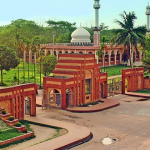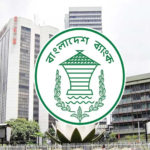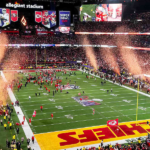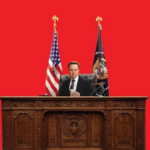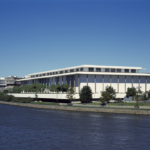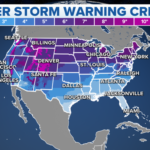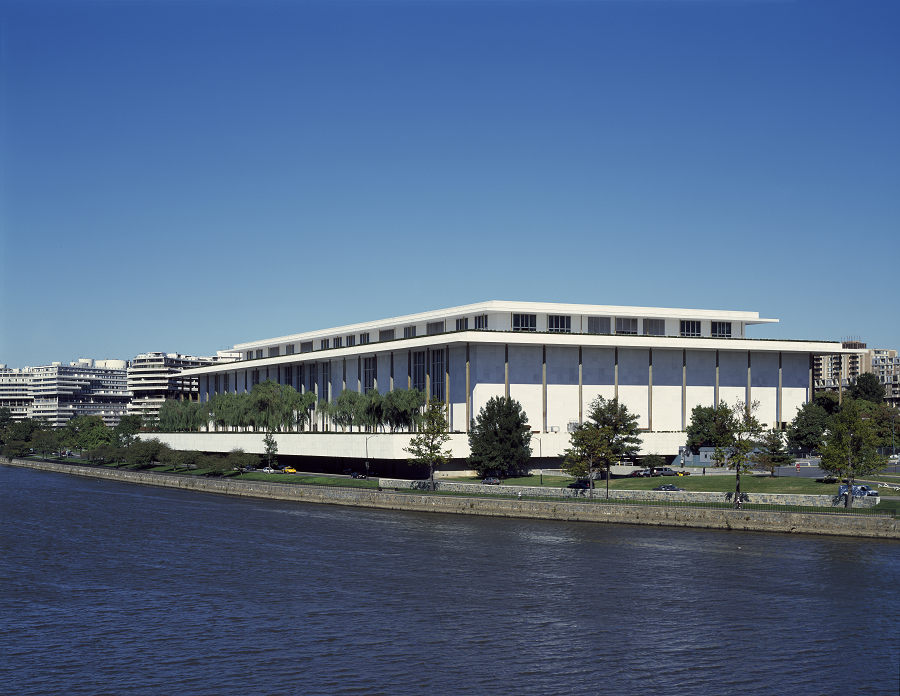The Kennedy Center, officially known as the John F. Kennedy Center for the Performing Arts, is a renowned cultural institution located in Washington, D.C. Established to honor the legacy of President John F. Kennedy, it stands as a symbol of American artistry and serves as a home for many of the country’s finest performances. But there’s more to the story. The Kennedy Center’s board and its connections with political figures like Donald Trump have sparked public interest in recent years. In this article, we’ll explore what the Kennedy Center is, its significance, its leadership, and the relationship between the Kennedy Center and Trump.
What Is the Kennedy Center?
The Kennedy Center is the premier performing arts venue in the United States, dedicated to showcasing the finest in music, dance, theater, and opera. Located along the Potomac River, it serves as a national cultural center, offering a diverse array of performances throughout the year. The Kennedy Center is also home to the National Symphony Orchestra and hosts prestigious awards like the Kennedy Center Honors.
Kennedy Center and Trump: The Connection
The Kennedy Center Trump connection often surfaces in discussions about the institution’s leadership and funding. During Donald Trump’s presidency, he appointed several individuals to the Kennedy Center’s Board of Trustees, which governs the center’s operations and decisions. This raised discussions about political influences on the cultural sector and the Kennedy Center’s future direction.
Trump’s Influence on the Kennedy Center Board
Trump and the Kennedy Center Board came into focus when former President Donald Trump nominated prominent figures to join the board. These appointments were viewed by some as a reflection of Trump’s desire to impact the arts and culture sector. It led to debates about the extent to which politics should play a role in the arts, especially in a national institution such as the Kennedy Center.
One of the significant names involved in the Kennedy Center’s board was David Rubenstein, a billionaire philanthropist and co-founder of the Carlyle Group. Rubenstein has been an influential figure not only in the arts but also in various political and business arenas, and his role on the Kennedy Center board further emphasizes the intersection of culture, wealth, and influence.
The Kennedy Center Board and Its Leadership
The Kennedy Center board plays a crucial role in determining the strategic direction of the institution. Board members are responsible for overseeing financial planning, ensuring the sustainability of the Kennedy Center, and fostering its connections with the public and private sectors. Members of the board come from various backgrounds, including arts, business, politics, and philanthropy.
David Rubenstein’s Role at the Kennedy Center
As one of the most prominent figures associated with the Kennedy Center, David Rubenstein has made significant contributions to the institution. He is well known for his philanthropic work, especially in the arts and education. His efforts have helped secure funding and broaden the scope of the center’s cultural programs. Rubenstein’s involvement with the Kennedy Center underscores the intersection of business and philanthropy in the cultural sector.
Who Owns the Kennedy Center?
The Kennedy Center is a federally funded institution, but it is not privately owned. Instead, it is an independent non-profit organization overseen by a board of trustees, which includes prominent figures from various sectors. The U.S. government provides financial support, but private donations, endowments, and corporate sponsorships also contribute to the Kennedy Center’s operations.
Trump, Kennedy Center, and Cultural Politics
The Trump Kennedy Center narrative also highlights the broader intersection between culture, politics, and governance. Critics of Trump’s involvement with the Kennedy Center board have raised concerns about the politicization of cultural spaces. Others argue that such figures help increase the center’s reach and resources, thereby benefiting its programs and performances. Whether one sees this as beneficial or problematic, it is clear that political and cultural power often converge at places like the Kennedy Center.
The Legacy of the Kennedy Center
The Kennedy Center continues to stand as a beacon for the arts, regardless of political influence. It is a reminder of President John F. Kennedy’s dedication to promoting the arts and fostering international cultural exchange. Its broad programmatic offerings, ranging from performances by world-class musicians to educational outreach for young artists, ensure its place as a pillar of American culture.
Conclusion
The Kennedy Center remains one of the United States’ most vital cultural institutions, playing a key role in supporting the performing arts while navigating the complexities of political influence and leadership. The Trump Kennedy Center connection and the prominent involvement of individuals like David Rubenstein illustrate the intertwined nature of politics, business, and culture in today’s world. Whether you’re a fan of the arts or simply interested in the political undercurrents that shape American institutions, understanding the Kennedy Center’s history and its leadership can provide valuable insight into the evolving relationship between politics and culture in the U.S.

